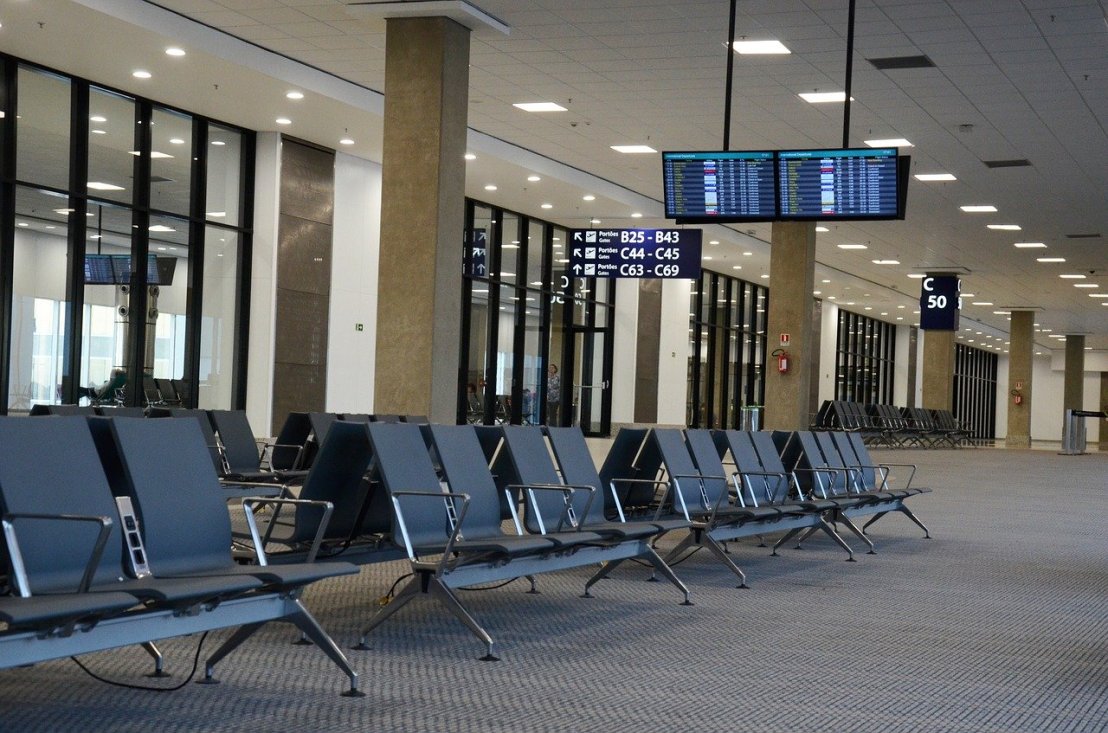By James Kwak The airline industry is trying to hold up the federal government for billion in grants and another billion in loans. They threaten that if they don’t get the grants they will lay off employees, and that if they don’t get the loans they will use their remaining cash on dividends and stock buybacks. Photo by Júlia Orige from PixabayFirst of all, the second threat is staggering in its audacity. At current course and speed, the airlines will go bankrupt. When you are in financial distress, the last thing you should do is take your scarce cash and hand it to your shareholders. That meets at least the spirit, and perhaps the letter, of a fraudulent conveyance in bankruptcy law. But it represents the pinnacle of the idea of shareholder capitalism: screw the workers, screw
Topics:
James Kwak considers the following as important: airlines, bailout, Commentary, COVID-19
This could be interesting, too:
Nick Falvo writes Homelessness planning during COVID
Stavros Mavroudeas writes COVID-19 Pandemic and Vaccine Imperialism – Review of Radical Political Economics
Angry Bear writes FLiRT Covid wave is growing less rapidly
Bill Haskell writes Some Angry Bear Updates
By James Kwak
The airline industry is trying to hold up the federal government for $29 billion in grants and another $29 billion in loans. They threaten that if they don’t get the grants they will lay off employees, and that if they don’t get the loans they will use their remaining cash on dividends and stock buybacks.

First of all, the second threat is staggering in its audacity. At current course and speed, the airlines will go bankrupt. When you are in financial distress, the last thing you should do is take your scarce cash and hand it to your shareholders. That meets at least the spirit, and perhaps the letter, of a fraudulent conveyance in bankruptcy law. But it represents the pinnacle of the idea of shareholder capitalism: screw the workers, screw the creditors, just take the money and run.
More importantly: the federal government should not give the airline industry a single penny either in grant aid or in sweetheart loans. I understand the economic challenges here. Thousands of workers are at risk of losing their jobs and not being to pay for food or rent in the midst of the greatest crisis of our lifetimes. To the extent we want to help them, the top priority is to give money directly to them.
It is true that there is some value in preserving the airlines as viable entities rather than letting them go bankrupt. If there were other companies able to take over their assets and workforces and put them to productive use, then by all means they could just fail, but that is probably not the case right now.
If the government does choose to rescue the airlines themselves—and not just their workers—it should do so by buying equity in the companies, at prices that don’t already reflect the possibility of a bailout. (Most of the value that airline stocks have today is probably based on expectations that they can get a good deal out of the crony-capitalist Trump administration.) That way, when the economy someday recovers and people start flying again, the U.S. government—and hence its taxpayers—will benefit, not the people who currently happen to own stock in airlines. And the government should not dilute its ownership by finding creative ways to funnel cash to the industry on favorable terms, as it did with the megabanks in the financial crisis (most notably the third Citigroup bailout). Airline executives and their shareholders have no viable alternative; without a government bailout, their most likely future is bankruptcy and being bought by some private equity firm for a fraction of the face value of their debt (paid to creditors, not shareholders).
Either way, the principle is the same: not one penny of free money.
